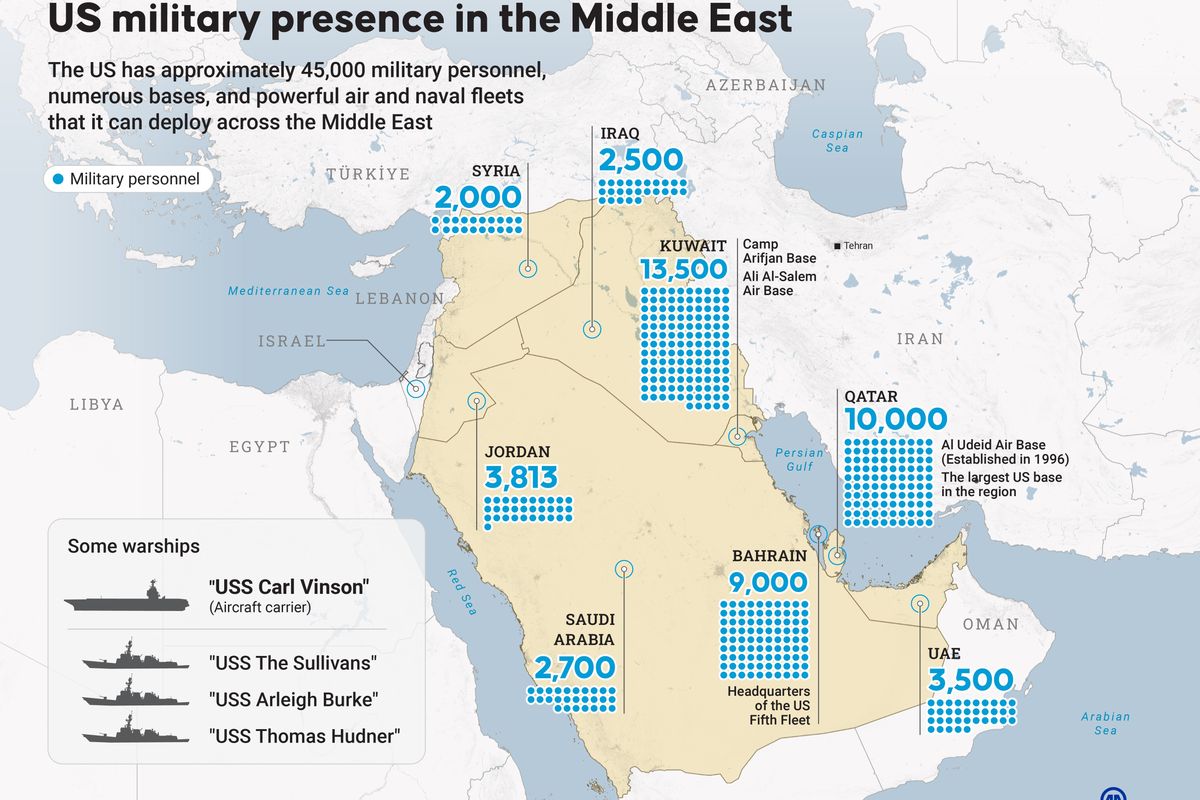More than two years after fighters from the Islamic State (ISIS) captured the city of Fallujah, Iraqi Security Forces (ISF) liberated the embattled city last Sunday, paving the way for the long-awaited march against the group’s largest stronghold in Mosul. Although welcome news, the war is far from over. Even if Iraqi forces can uproot ISIS from Mosul before the end of the year, suicide bombings and guerilla attacks remain a grave threat throughout the country.
However, the real challenge lies within. Politically, Iraq is starkly divided along ethno-sectarian lines. This rough split between a Shi’a majority in the south, Sunni majority in the west, and an autonomous Kurdish region in the north led the post-2003 order to adopt a kind of confessional governing system, through which key leadership and mid-level bureaucratic positions are apportioned to each group. Yet this system is widely seen as corrupt and stalled efforts to reform it this May prompted major demonstrations in Baghdad. Protesters breached the heavily fortified “Green Zone,” vitally undermining the legitimacy of Prime Minister Haider al Abadi’s government.
As sectarian tensions roil and the political deadlock continues, the possibility of a divided Iraq after ISIS is defeated looms large.
The current state of affairs might suggest that the point is moot. The Kurdish Regional Government (KRG) in Northern Iraq is already a de facto state, complete with its own military, its own government, and its own foreign policy. Indeed, Kurdish leader Masoud Barzani has repeatedly called for a referendum on independence to be held this year. South of Erbil, regional autonomy is not as developed but the chances for real reconciliation look slim.
Although ISF forces have reclaimed Fallujah and most of al Anbar province, little progress has been made toward winning the trust of Sunni-majority populations there. They have long felt disenfranchised by the central government in Baghdad and, in some cases, locals fear government forces more than they fear ISIS, especially the paramilitary Shi’a militias known as “Popular Mobilization Forces.” Indeed, as former U.S. Ambassador to Iraq and Cipher Brief expert James Jeffrey notes, “their [Shi’a militias] involvement in the Fallujah battle… has led to the mistreatment of Sunni Arabs.”
This persistent tension between Sunni and Shi’a populations can trace its roots back to the 7th Century. However, the source of this most recent political crisis in Iraq can be found in the predominantly Shi’a government of former Prime Minister Nouri al Maliki. After the relatively sectarian “Iraqiya” bloc led by Iyad al Allawi won a parliamentary majority against Maliki’s “State of Law” coalition in the 2010 parliamentary elections, the Prime Minister met Allawi and Kurdish leaders in Erbil to broker a power-sharing agreement. The resulting “Erbil Agreement” left Maliki as Prime Minister but divvied up cabinet positions between the parties along sectarian lines, along with a number of other concessions. However, Maliki soon violated the spirit of the agreement with his decision to issue an arrest warrant for the new Sunni Vice President, Tariq al Hashemi, on trumped up terrorism charges just one day after U.S. forces withdrew in 2011. This act shattered the fragile détente with the Sunni population, while his government’s refusal to release budget payments to Erbil in a spat over independent oil exports quickly soured relations between Baghdad and the KRG.
This discord, many argue, created fertile ground for ISIS to plant roots in majority-Sunni areas, which felt neglected and persecuted by the Maliki government. The less divisive Prime Minister, Haider al Abadi, who replaced Maliki in September 2014, was chosen to heal some of these rifts. However, Abadi is reportedly a clumsy politician and has never had a real constituency sustained through networks of political patronage like his predecessor. Instead, Abadi must rely on allies to help fight off competitors like Maliki, who currently leads an opposition branch within Abadi’s own party.
At the same time, the Prime Minister’s political reform initiative, whose failure sparked the mass protests this May led by supporters of powerful Shi’a cleric Moqtada al Sadr, is highly controversial. This initiative is aimed specifically at removing sectarian requirements for government positions, which Abadi argues encourages corruption at every level of government. He is not wrong. However, this system is also the foundation of Iraq’s power-sharing arrangement. Upending it without the buy-in of opposition parties could throw Iraqi politics into further disarray and the country into deeper sectarian violence, especially if the cabinet reshuffle installs mostly Shi’a politicians. In addition, close government cooperation with Iran, and especially the Islamic Revolutionary Guard Corp (IRGC) – IRGC Commander Qassem Soleimani was spotted in Fallujah in early June – has only deepened the suspicion of Sunni populations.
In the face of these challenges, some have returned to the idea of partition or enhanced federalism in Iraq, which would decentralize power to semi-autonomous regions based on ethno-sectarian demographics. However, in practice, such a deal would be difficult to negotiate. “You could have a neat break between Kurdistan (the KRG) and Iraq,” observes former Vice Chief of Staff for the U.S. Army and Cipher Brief expert, General Jack Keane, but “the majority-Sunni areas don’t have any resources other than the Euphrates River Valley.” Any division of Iraq along ethno-sectarian lines would in essence create a landlocked Sunni state, almost entirely dependent on budget transfers from the Shi’a government in Baghdad. The result, according to former Ambassador to Iraq and Cipher Brief expert, Ryan Crocker, would be “an Iranian dominated Shiastan in Baghdad and the south… and a radicalized Jihadistan without resources in the west.” In other words, the political future of Iraq after ISIS looks chaotic at best.
Fritz Lodge is an international producer at The Cipher Brief.













